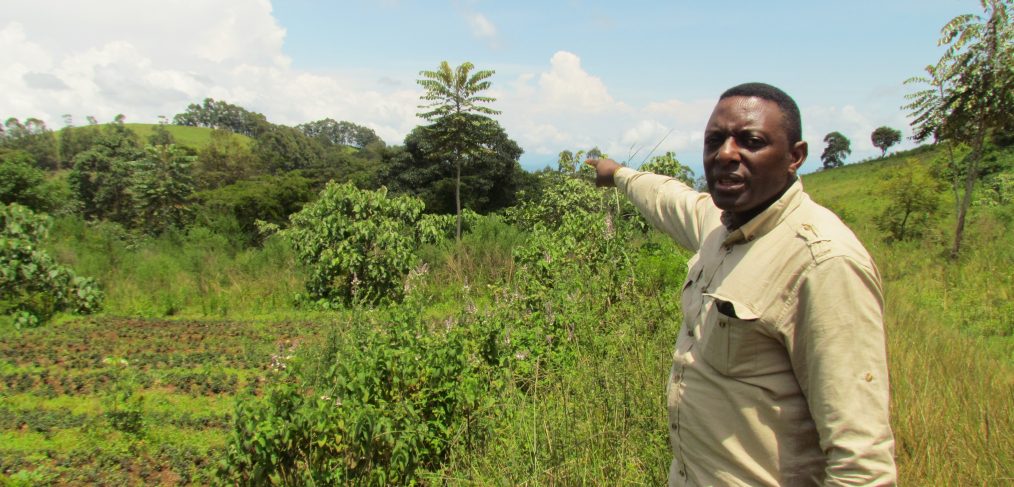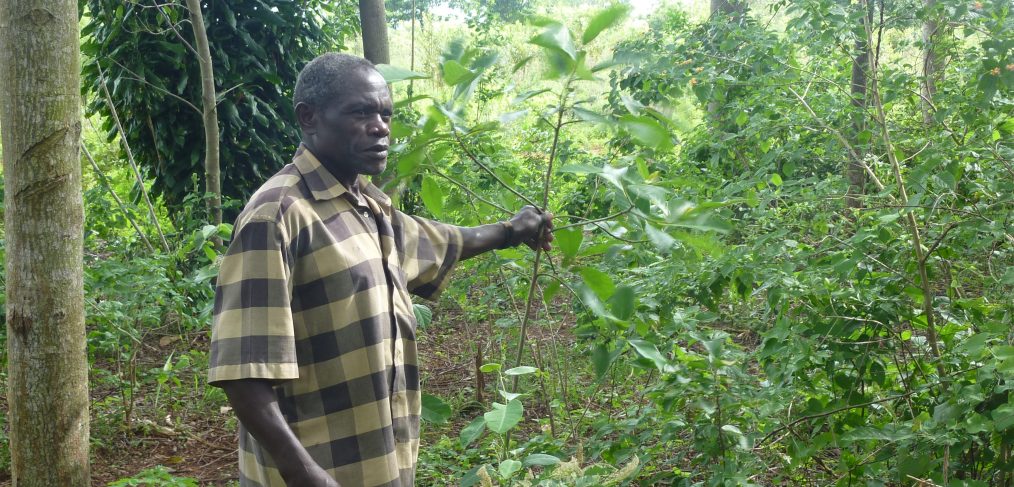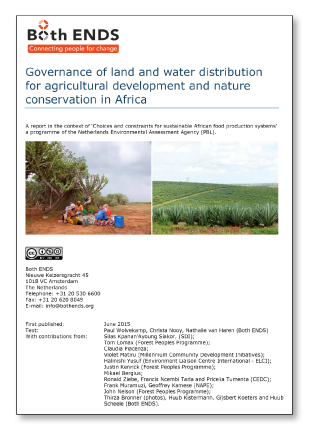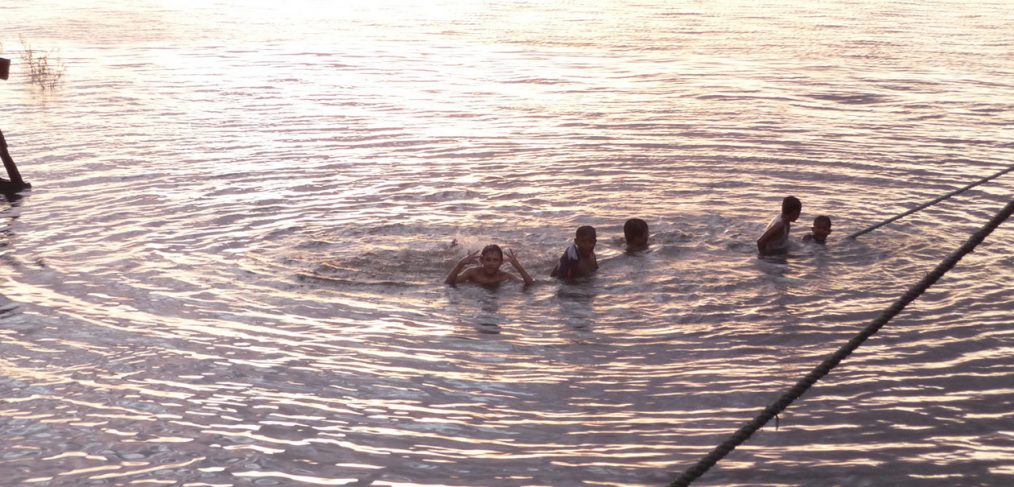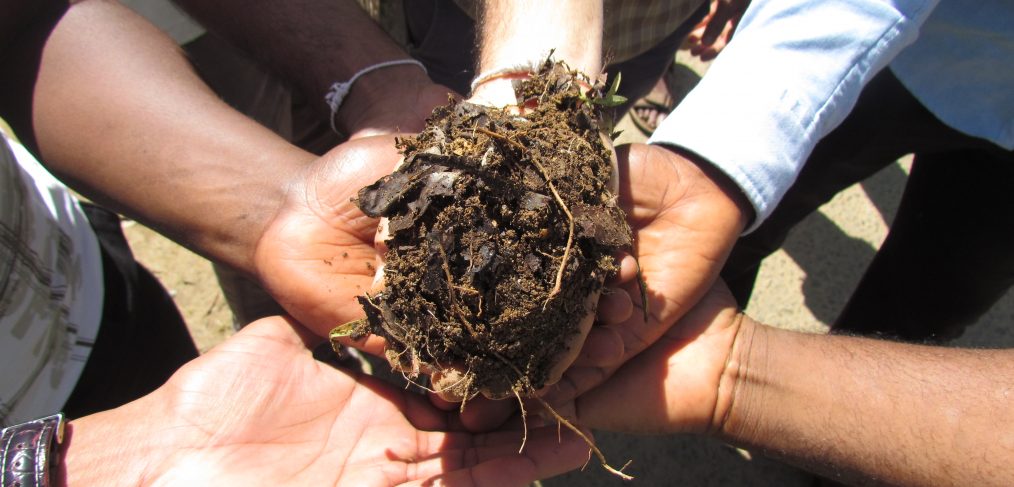In 2015, Both ENDS and 14 organisations from nine African countries gathered in Cameroon to compare notes, inspire each other, and answer some key questions about their efforts to restore forest ecosystems for the benefit of local communities.
The organisations are using a diversity of approaches, from nurturing natural tree regrowth in arid drought prone regions to carefully planning and planting (partially) man-made forests that mimic natural forests by composition and structure, known as analog forestry. What are the results of these different approaches? What can be learned from experiences with them?
The meeting built on a much longer conversation, while adding new insights. The organisations agreed that the time was ripe to join forces in a systematic, collective effort to experiment with analog forestry.
The African Analog Forestry Network was born. In collaboration with Both ENDS and the International Analog Forestry Network, the groups have developed a programme centred around pilot projects to restore ecosystems and improve livelihoods in diverse ecological settings. The network members will conduct rigorous research about the economic feasibility, and social and environmental impact of productive ecosystem restoration that provides a source of food and income for local people.
Support for product development and access to both local and international markets will be a key component of the programme, as will lobbying and advocacy to promote enabling policies, such as land use designs and designations that recognise that ‘nature’ and ‘farm’ can be one and the same.

